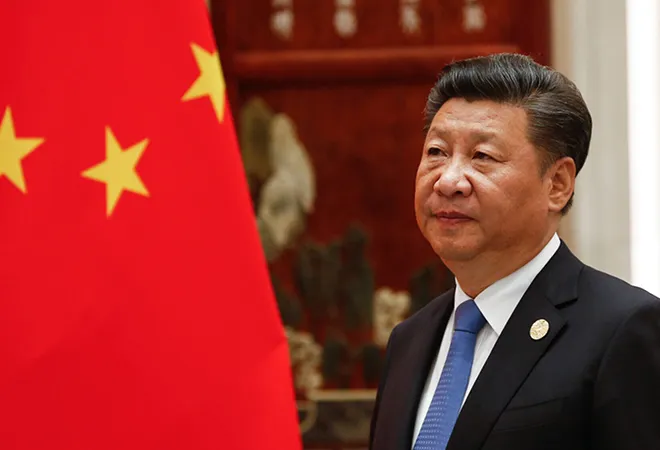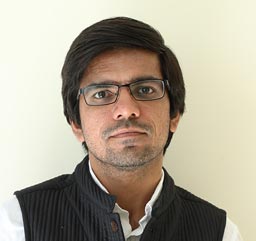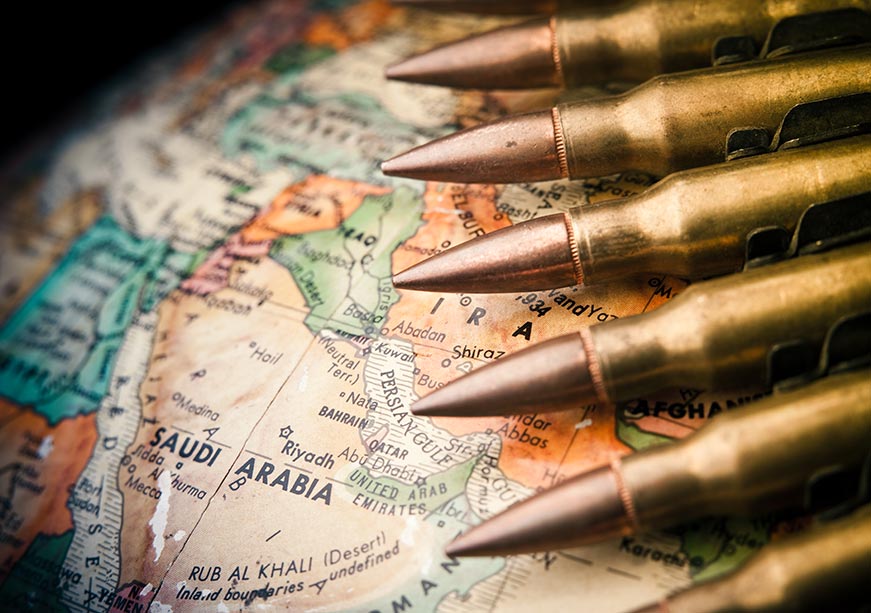Despite the diplomatic normalisation, fundamental issues that divide Saudi Arabia and Iran will remain. Can China deliver as a peacemaker in West Asia?
As the foreign ministers of Saudi Arabia and Iran met in China to commence a thaw in relations, Beijing has positioned itself as an ‘alternate’ power, keeping a policy of cooperation, consultation, and non-interventionism at the forefront. With serious discussions over the conflict in Yemen now underway, can China deliver as a mediator and peacemaker in West Asia? Beijing clearly puts a lot of weight behind the success of this initiative, as it leverages its rapidly growing relations with Tehran and Riyadh while marketing itself as a power standing for peace and stability. The fact that Wang Yi, former foreign minister and now Director of the Chinese Communist Party’s Foreign Affairs Commission, was present last month with lower-ranking representatives of Saudi Arabia and Iran to announce the resumption of diplomatic ties between the two, showcased the weight that China was willing to put behind this exercise. In a world where Beijing is increasingly seen as a disruptor, this offered a moment of statesmanship for President Xi Jinping in a geography where, until now, the West has been the traditionally dominant external influence.
Beijing markets its assistance in the region without such strings attached, with promises of vast economic cooperation without ethical or value-based demands that substitute economic or military assistance.
However, a fundamental question remains: Can China truly deliver? It is one thing to strategically benefit from the work done by the Western and regional states when it comes to building dialogue in the region, but another to be a guarantor of that dialogue, and to intricately place oneself as a fulcrum of power both politically, and by association, militarily. For a long time, Beijing has maintained a similar policy towards West Asia as India, i.e., of not interfering in inter-regional politics. In fact, China has been a critic of American interventionism, not only from a tactical point of view such as the war in Iraq, but strategic as well, disagreeing with Washington’s designs of pushing and tugging on regional leaders for them to align with American strategic thinking. Today, Beijing markets its assistance in the region without such strings attached, with promises of vast economic cooperation without ethical or value-based demands that substitute economic or military assistance. This is an attractive proposition to many in the region. The Saudis started to drift away from the United States (US) not long after heir-apparent Crown Prince Mohammed bin Salman (also known as MbS) stamped his authority over the House of Saud. The Crown Prince, only in his late 30s, has a massive agenda in mind. He aims to build the Kingdom into a global economic hub that is not exclusively reliant on oil. For this, MbS needs access to global markets, particularly Asian markets, and even more so, China’s US$18 trillion economy. Aramco, Saudi Arabia’s state-run oil company, posted a profit standing at US$ 161.1 billion for 2022. Some estimates suggest this is the highest profit posted by any corporate in modern history. This came on the back of Riyadh’s close cooperation with an embattled Moscow through the OPEC+ mechanism, much to the dismay of the White House.
Beijing only platformed an ongoing process while Saudi Arabia leveraged China’s good relations with Tehran to push a struggling Iran into agreeing towards potential normalcy, something the US could not have done.
MbS orchestrated the above by using the fault lines in Riyadh’s relations with Washington D.C., his own ruptures with the American Democrats, and the Ukraine crisis that has brought forward a great power competition. In the event of a fallout, both the Saudis and Iranians will lose face, but otherwise, lose little. Beijing, on the other hand, would lose much more—both a perception of its role in bringing ‘peace’ in a traditionally conflict-riddled region and a setback to Chinese power projection. China, at the end of the day, has brought the two parties to agree to open embassies, which were shut down in 2016 over Saudi Arabia’s decision to execute a prominent Shia cleric. A move towards this was already in play, with regional actors such as Iraq and Oman facilitating talks between the two parties. The narrative of a diplomatic coup having been orchestrated did not come as a difficult one for China. In fact, Beijing only platformed an ongoing process while Saudi Arabia leveraged China’s good relations with Tehran to push a struggling Iran into agreeing towards potential normalcy, something the US could not have done. Reports also suggested that Iran’s Supreme Leader, Ayatollah Khamenei, was frustrated at the lack of progress over normalisation talks in the past two years, giving both Riyadh and Beijing a pressure point to work with. This also fed into a larger discontent in the Arab world over Washington’s nonchalance on the seriousness of a fast-developing threat from Iran while simultaneously isolating another regional power, Israel, which was hoping to rope in MbS into the Abraham Accords architecture.
Ceasefire agreements of the past had failed to hold, and the regional countries brokering talks today also tried the same back then. The only new player on the chessboard is China.
Despite the diplomatic normalisation progressing positively up until now, fundamental issues that divide Saudi Arabia and Iran will remain. While theological and ideological rapprochement is unrealistic, geopolitical fissures such as the war in Yemen, the role of the Islamic Revolutionary Guard Corps (IRGC) in supporting militias in places such as Syria and Lebanon, and peace and stability across the Strait of Hormuz remain up in the air for now. Ending the war in Yemen will be the litmus test. Ceasefire agreements of the past had failed to hold, and the regional countries brokering talks today also tried the same back then. The only new player on the chessboard is China. Beijing’s victory here is that of offering a table to sit across with no strings attached. It looks at both the Arab states and Iran as big business opportunities; and as the US tightens the screws around the rise of China, the middle powers are hedging their bets to secure long-term interests. The question remains: Is China willing, and able, to play the role of the traditional superpower? Is it willing to be a political and military guarantor? We are set to get answers to these questions soon.











